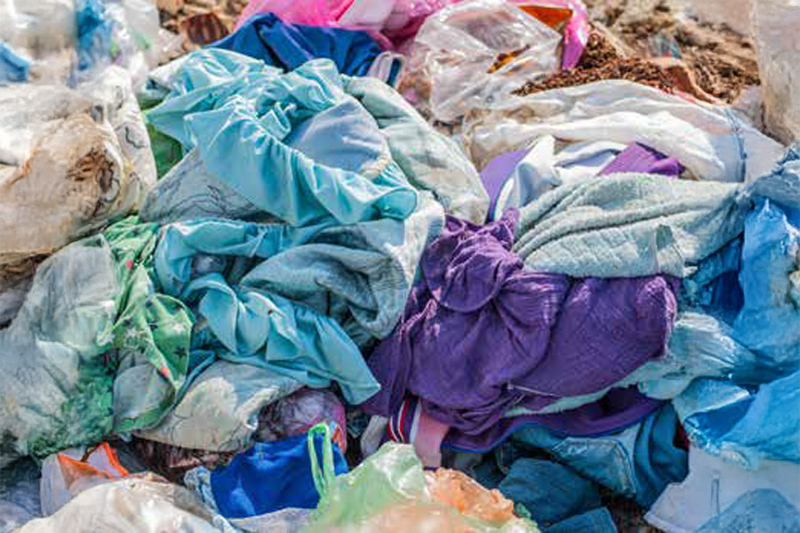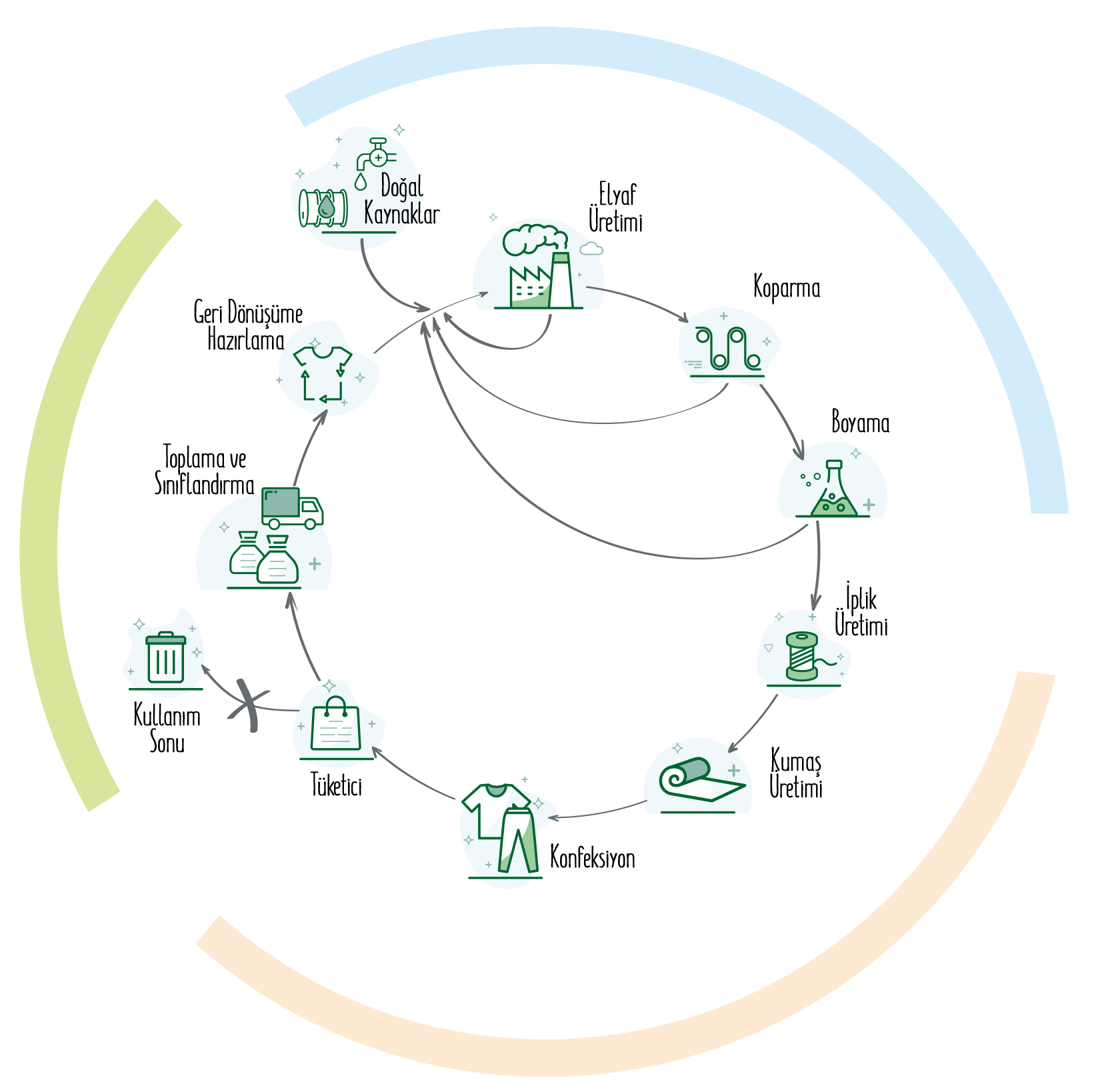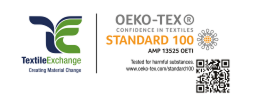Annually, over 100 million tons of fiber are produced worldwide for use in textile production. This process consumes 1 million tons of dye, 42 million tons of chemicals, and 93 billion m³ of water, while releasing 1.2 billion tons of greenhouse gas emissions. Following all these processes, 48 million tons of the produced clothing are thrown away, and 75% of these products, considered to have reached the end of their life, are either incinerated or buried for disposal.


Soft
Products made with Acrycycle have a soft hand feel.

Long-lasting
Acrycycle is durable and long-lasting.

Traceable
Thanks to its RCS certification, the recycled content is traceable and verifiable.

Thermal comfort
Its breathable structure provides moisture management and thermal comfort.

High quality
Acrycycle, made from recycled fibers, does not compromise on quality.

Lightweight
Acrycycle enables the production of comfortable, lightweight fabrics.

Low CO2 Emissions and Sustainable Water Management
When you purchase a product made with Acrycycle, your contributions to nature can be expressed in numbers as follows; 20%* less CO2e emissions, 32%* less water consumption**, and 99.7% solvent recycling.

Natural Resource Management
With Acrycycle, waste is incorporated into the production cycle instead of being buried in landfills, preventing environmental pollution.
 +
+Long Life
Products made with Acrycycle are long-lasting and environmentally friendly. Acrycycle, which retains its original properties for many years without deformation, aims to reduce the need for new products and minimize the consumption of natural resources required for production.
Waste generated during production processes is converted back into products thanks to Acrycycle technology. Acrycycle's next goal is to incorporate end-of-life textile products into the production process without losing their value. This aims to increase the contribution to nature by enabling the recycling of more waste.


- All production waste from polymer production, fiber production, breaking, and dyeing stages can be reintegrated into the production process.
- Recycling textile waste generated from the yarn production stage to the consumer is one of the near-future goals.
- Acrycycle's long-term goal is to provide the necessary infrastructure for the collection, sorting, and recycling of end-of-life textiles.
 **No harmful chemicals are used in the recycling process.
**No harmful chemicals are used in the recycling process.


